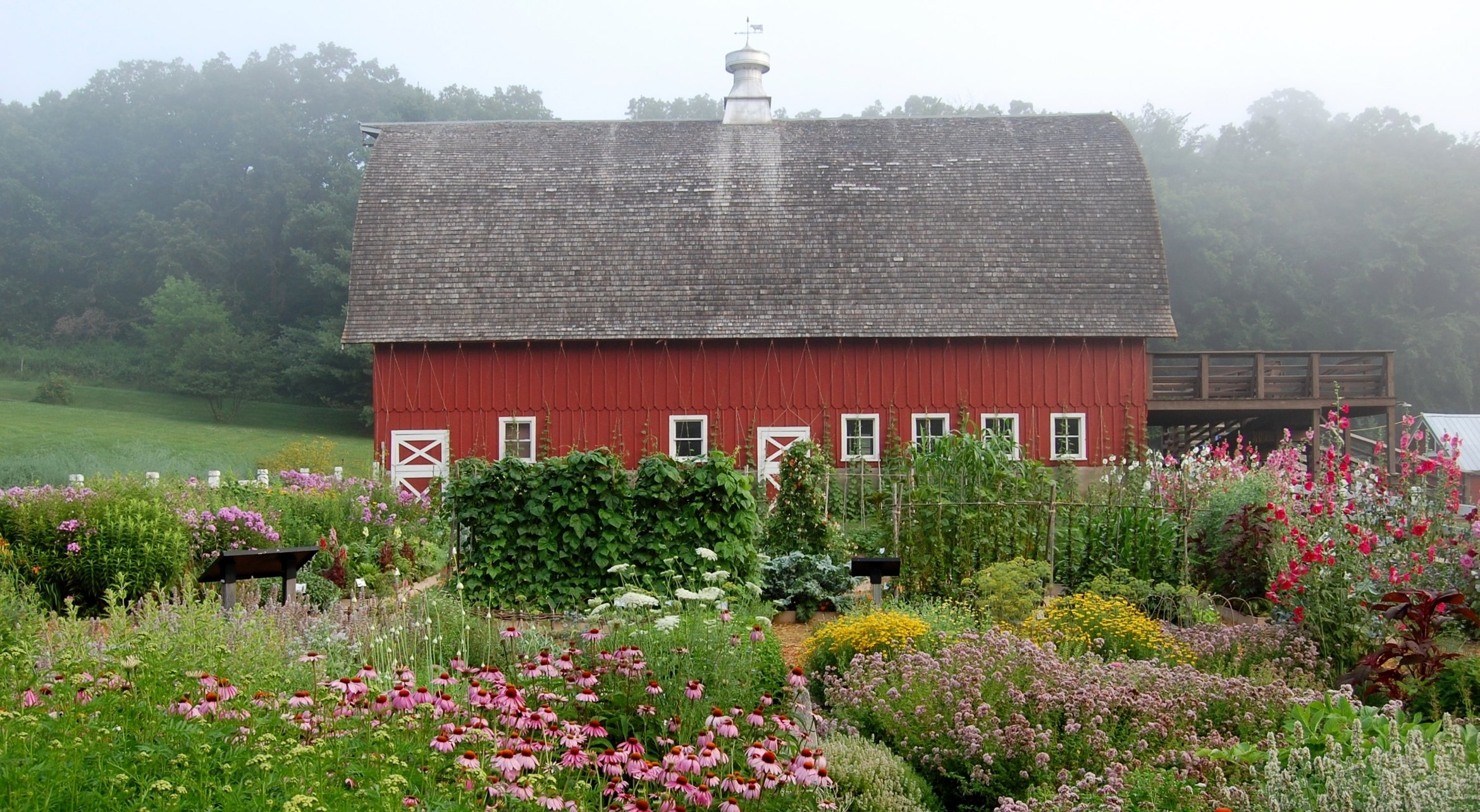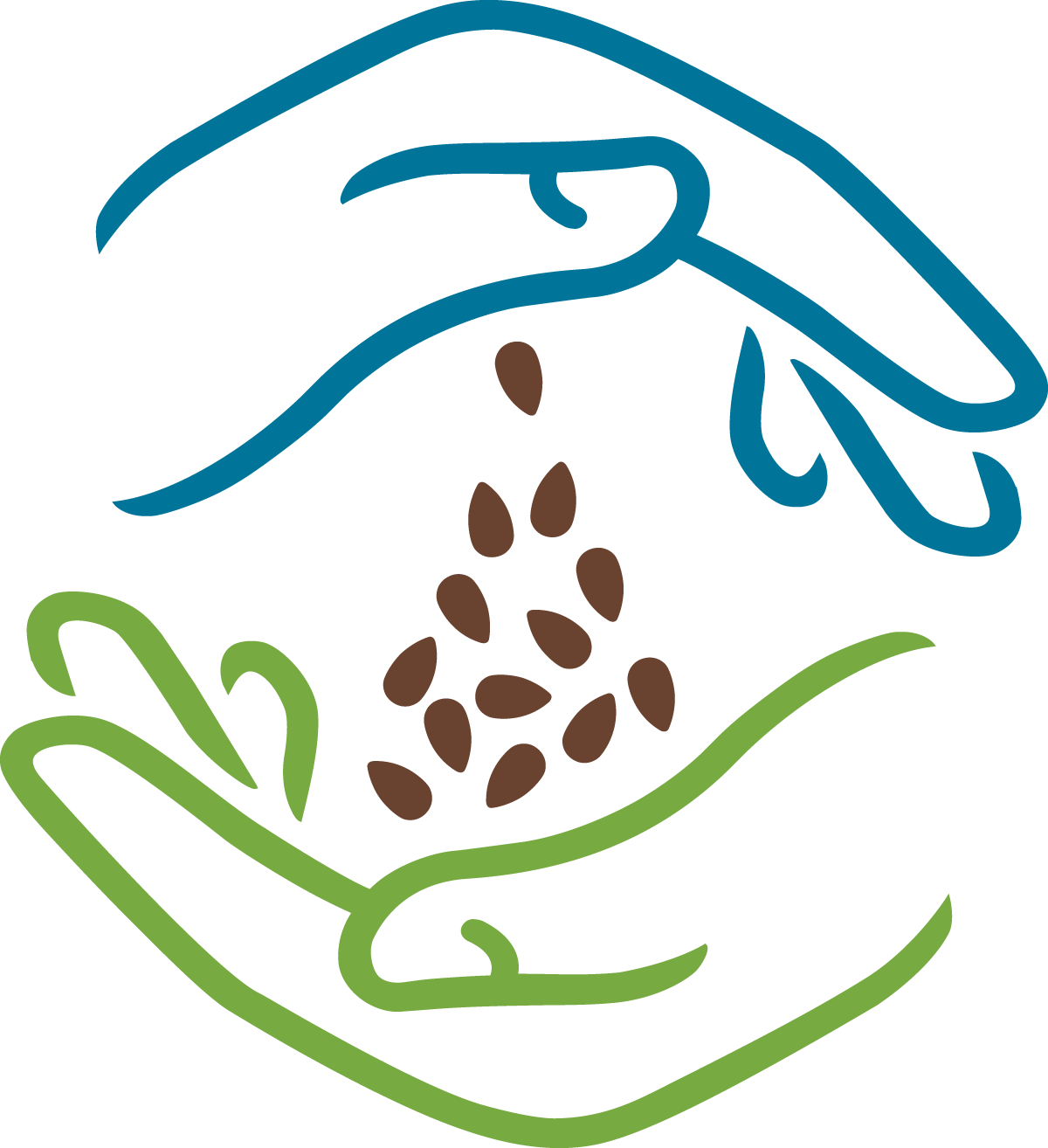2013 Squash Festival: Squashtastic
/ The fifth annual Seed Savers Exchange Harvest Festival incorporated a celebration of squash with all the fun activities everyone has come to expect at the autumn event. The versatile and dynamic Cucurbita genus offers so much more than just pumpkins and zucchini, and the SSE crew was eager to show it off. Along with a beautiful heirloom squash display, attendees enjoyed a variety of gourmet squash soups, workshops on saving squash seed, a lecture on the origins and evolution of squash, and a talk on the culinary uses of different squash varieties.
The fifth annual Seed Savers Exchange Harvest Festival incorporated a celebration of squash with all the fun activities everyone has come to expect at the autumn event. The versatile and dynamic Cucurbita genus offers so much more than just pumpkins and zucchini, and the SSE crew was eager to show it off. Along with a beautiful heirloom squash display, attendees enjoyed a variety of gourmet squash soups, workshops on saving squash seed, a lecture on the origins and evolution of squash, and a talk on the culinary uses of different squash varieties.
 Festival-goers also helped press apple cider, sampled a variety of apples from the Historic Orchard, learned to plant and grow garlic, enjoyed a guided edible and medicinal plant identification walk, and learned to make broomcorn brooms. Turnout for the event was great despite the wet and cool weather, which was decided by all to be ideal conditions for the soup cook-off.
Festival-goers also helped press apple cider, sampled a variety of apples from the Historic Orchard, learned to plant and grow garlic, enjoyed a guided edible and medicinal plant identification walk, and learned to make broomcorn brooms. Turnout for the event was great despite the wet and cool weather, which was decided by all to be ideal conditions for the soup cook-off.
The Harvest Soup Cook-off is quickly becoming a highlight for this annual event, where chefs from some of the most respected local restaurants enter a soup for attendees to vote on. In the days prior to the festival each chef was given a box of Potimarron squash, and each one showed up Saturday with a delicious and unique soup for the contest. After the ballots were cast and the votes were tallied, Chef Tom Skold of Albert’s Restaurant was declared winner of this year’s cook-off.
 Entering his Harvest Bean and Squash Soup, the chef admitted he had not handled the rare Potimarron winter squash before. He said of it, "With such a brilliant, colorful squash, I was really excited to use it," adding, "this is a transitional time where you can still get your fresh produce out of the garden as well as your fall crops. Everyone is interested in eating this time of year, so it’s really a good time to be a chef." Below you'll find Chef Tom Skold’s winning soup recipe.
Entering his Harvest Bean and Squash Soup, the chef admitted he had not handled the rare Potimarron winter squash before. He said of it, "With such a brilliant, colorful squash, I was really excited to use it," adding, "this is a transitional time where you can still get your fresh produce out of the garden as well as your fall crops. Everyone is interested in eating this time of year, so it’s really a good time to be a chef." Below you'll find Chef Tom Skold’s winning soup recipe.
Download all of the mouth-watering squash soup recipes here.

Harvest Bean and Squash Soup
Ingredients
¾ cup Anasazi beans, soak overnight water to cover salt and fresh ground pepper, to taste 4 cups Potimarron (or butternut) squash, peeled, large dice 6 medium tomatoes, cored, halved 6 tablespoons olive oil 1 ancho chili pepper 8 cloves garlic, sliced 1 white onion, large dice 4 cups chicken or vegetable stock 3 tablespoons rosemary, chopped ¾ cup hard cheese (such as parmesan), grated
Method
1. Drain the soaking water from the beans, cover in fresh water, bring to a boil with a pinch of salt, and simmer until thoroughly cooked.
2. Preheat oven to 425F. Place the squash and tomato halves on separate baking sheets and drizzle them each with 2 T. olive oil, then season with salt and pepper. Roast the squash and tomatoes 45 minutes at 425F and reserve, cutting the tomatoes in large pieces when cool.
3. Heat the remaining olive oil in a large saucepan or Dutch oven. Toast the ancho chili on all sides and remove; when cooled seed and chop. Add the garlic to the same oil, toast golden brown and remove. Add the onions to the same oil and cook until caramelized.
4. Add chicken stock, rosemary, cooked beans, reserved squash, tomatoes, chilis, and garlic to the pot and bring the soup to a boil. Puree part of the soup to thicken, season to taste and serve topped with the grated cheese.
Seed Savers Exchange is a non-profit organization dedicated to conserving and promoting America’s culturally diverse but endangered garden and food crop heritage for future generations by collecting, growing, and sharing heirloom seeds and plants.




 1:00pm Emily Torgrimson—“Sponsoring community meals to support charitable organizations.”
1:00pm Emily Torgrimson—“Sponsoring community meals to support charitable organizations.” 3:00 pm Dan Carmody—"Developing Regional Food Systems." Carmody is the President of the
3:00 pm Dan Carmody—"Developing Regional Food Systems." Carmody is the President of the 










